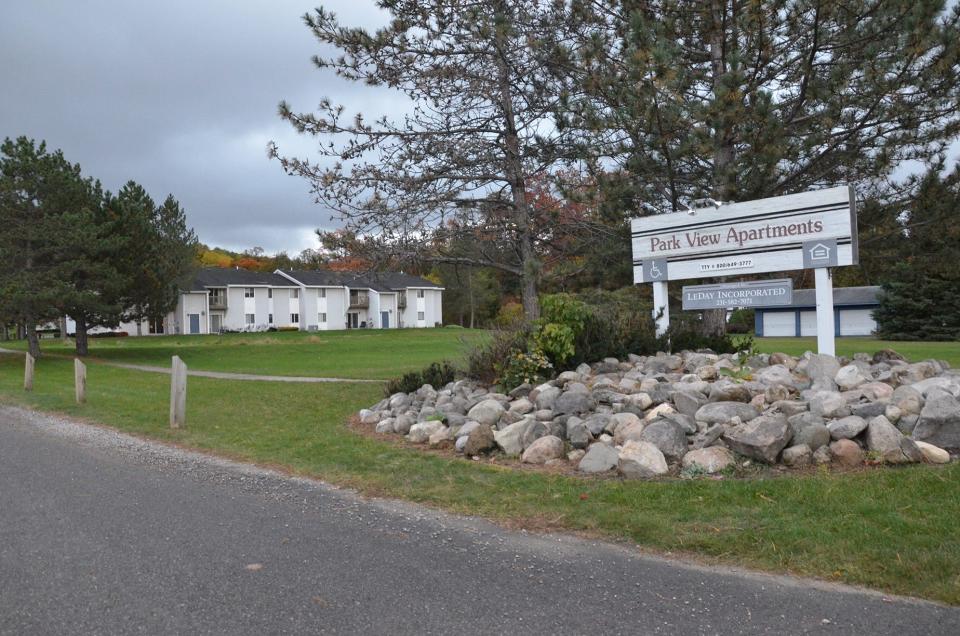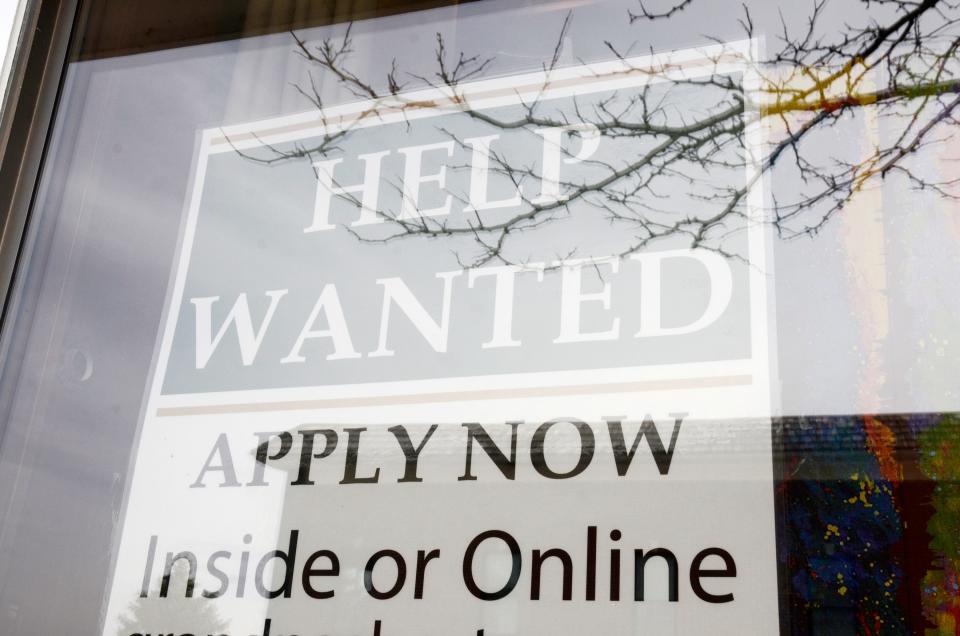Northern Michigan advocates celebrate major step towards affordable housing
NORTHWEST MICHIGAN — Earlier this month, the Michigan House of Representatives approved a bill package that had passed through the senate last year.
The package consists of four bills meant to create workforce housing developments across the state by addressing barriers to housing development. The bills will go back to the senate for a concurrence vote before going to the governor for final approval.
Advocates for affordable housing celebrated as the bill package got closer to final approval. While the bill package does not address all of the barriers to affordable housing, they are a step towards making development easier, incentivizing development and putting control into the hands of local communities.
The package also allows local governments to define affordable housing based on their area median income and broadens the focus of housing developments from low-income to include workforce housing.
“I think these bills are just a huge win for Northwest Michigan because we tend to be left out of a lot of those programs because we're just on the cusp (of low-income), or our (area median income) is skewed just enough,” Housing North Executive Director Yarrow Brown said. “Even though they're a win for the whole state, I think specifically in Northwest Michigan, we've been banking on these bills passing.”
More:Michigan thrives on tourism. Are short-term rentals pushing out long-term residents?
According to Brown, the presence of many high income brackets in Northwest Michigan skews the area median income and makes many northern communities ineligible for housing assistance programs.
Senate Bill 432 will allow local governments to develop PILOT policies, or payment in lieu of taxes, with developers without state or federal tax credits. Municipalities will be able to allow PILOTs for developers who are building or rehabbing affordable, long-term housing units.
Currently, PILOTs are available to developers who are building low-income housing using low income tax credits from the Michigan State Housing Development Authority, which are highly competitive.

Senate Bill 364 is the neighborhood enterprise zone expansion. Neighborhood enterprise zones, or NEZ, have been used in “eligible distressed communities” since 1992, according to the bill summary. Now, as the housing crisis has spread across the state and is impacting working and middle class people as well, the tool is being expanded.
NEZ support investment in owner-occupied and mixed-use buildings, including condos and two-family homes. The zones are designated by local units of government in order to meet the unique needs of different communities.
Senate Bill 422 is the residential facilities exemption, which allows temporary tax abatements for new housing developments in districts established by local municipalities. The abatements will encourage renovations and expansion of aging residential units, as well as building new units.
Senate Bill 362 is the Attainable Housing and Rehabilitation Act, which will allow local governments to support investment in affordable housing by creating an attainable housing district where property owners can apply for partial tax exemptions if they meet criteria set by the municipality.
The Housing Michigan Coalition introduced these bills in April 2021, in order to begin addressing the housing crisis.
“What's been great about this process is how many folks from across the state from different industries, associations, backgrounds have gotten involved because of the consensus that housing is a huge issue for our state,” Josh Lunger, director of government affairs at the Grand Rapids Chamber, said on behalf of the coalition.
“It's made it really fun to work on bipartisan legislation with a really broad coalition at our back. This isn't solving the issue. We've got other legislation that we know we'll have to bring back. We're gonna continue to leverage the interest of this broad coalition to try to make solutions happen.”
While these bills allow for more local control and easier access to incentives for developers, affordable housing in Northern Michigan still faces a lack of infrastructure, labor shortages and the high cost of materials. This bill package is a first step towards improving access to affordable, long-term housing for Michigan’s low-income and workforce population.
More:New study looks at seasonal population, short-term rentals in Northern Michigan
Northern Michigan has been hit hard by the labor shortage, partially due to the lack of affordable housing in the area. The Petoskey Regional Chamber of Commerce was an early member of the Housing Michigan Coalition and has been active in improving housing access as a way of attracting more workers to Northern Michigan businesses.
“Anything that we can add to make it easier to build housing to increase housing is a huge, huge benefit to us in the long run. So we're excited for this because we know that housing is one of, if not the number one barrier to workforce retention and recruitment,” said Nikki Devitt, Petoskey chamber president.
“It has been for years and years and now it's at that critical point where, along with child care, transportation, those are the things that our workforce and our communities are struggling with the most, which makes it hard to be somewhere where you can't have a home," she said. "Our employers are feeling that burden at such a high rate that we just are excited to have some real tools to use and work off of to move the needle."
While Northern Michigan’s population has been growing, many of those new residents are not adding to the labor pool. Whether retired or working from home, new residents add to the strain on local businesses while the number of workers in the service industry continues to decrease.
Subscribe: Get all your breaking news and unlimited access to our local coverage
Ben Slocum, co-owner of Beards Brewery in Petoskey, has been a vocal advocate for affordable housing for several years and sees the bill package as a step in the right direction.
“As a business owner, I think it's fantastic. This isn't going to solve the housing problems, but it's a step to help. There's not a magic bullet solution by any stretch of the imagination. We work on federal, state and local levels, this is a great, great set of tools that are opened up from the state level,” Slocum said.
“It gives local control and opens up a lot of different financing options," he added. "The reality is, labor shortages are getting worse, including in people building the homes. It's not a solution for every project everywhere but it's a solution for some projects in some place and the more of these tools we have in the toolbox to be able to solve these problems, the better.”

Lunger said the coalition is hoping to get the package through the senate and approved by the governor by the end of the month. The package has to be approved before the new year or it has to restart the entire process again.
As the bill already passed through the senate last year and Gov. Gretchen Whitmer is a vocal supporter of affordable housing, the bills are likely to be approved.
As housing advocates await final approval on the bill package, they are focusing their attention on the next steps — including more legislation.
For legislation to get approved, they need support from Michiganders. Devitt said she encourages people to reach out to their representatives and senators, thank those that supported the bill package and encourage them to support continued legislation.
The Grand Rapids Chamber of Commerce has a link to a pre-written message urging senators to concur with the house vote and send the package to the governor’s office for final approval.
“There's more legislation coming. So I think while these four bills are great and they're a huge success, we still really need support for community land trusts, for Tax Incremental Financing. So, it's a win, but we're going to keep working and we were already talking about the next round (of legislation),” Brown said.
— Contact reporter Tess Ware at tware@petoskeynews.com. Follow her on Twitter, @Tess_Petoskey.
This article originally appeared on The Petoskey News-Review: Northern Michigan celebrates step towards more affordable housing

